Why is VCI film a great VCI material?
In the realm of corrosion prevention, where the battle against degradation and deterioration rages on, innovative solutions have risen to the forefront. Among these, VCI film stands tall as an exceptional material in the arsenal against corrosion. VCI, short for Volatile Corrosion Inhibitor, is not only a revolutionary approach but also a testament to the power of advanced materials in preserving the integrity of metal goods. This article delves into the reasons why VCI film has earned its reputation as a superior corrosion inhibitor material, exploring its unique characteristics, advantages, applications, and the significant impact it has across various industries.
The Uniqueness of VCI Film
VCI film, with its distinctive attributes, sets itself apart as a remarkable corrosion inhibitor material. Unlike traditional methods that often involve coatings, sprays, or chemicals, VCI film employs a passive approach that combines science and innovation. The foundation of its excellence lies in its composition and mechanism, making it a favored choice among industries seeking effective, reliable, and environmentally friendly corrosion prevention solutions.
Advantages of VCI Film
Active Protection: VCI film offers an active form of protection that engages with the metal surface at a molecular level. Through the process of volatilization, VCI molecules emanate from the film, forming an invisible shield that clings to the metal. This molecular barrier effectively obstructs moisture and oxygen, the primary agents responsible for corrosion.
Ease of Application: One of the standout advantages of VCI film is its ease of application. Unlike intricate coatings or treatments, VCI film can be simply wrapped around or enclosed within packaging, making it suitable for a wide range of shapes and sizes. This simplicity in application saves time, reduces labor costs, and ensures that the protection process is seamlessly integrated into various industrial operations.
Long-Lasting Effectiveness: The protective shield formed by VCI film lasts for a significant duration, ensuring prolonged safeguarding against corrosion. This longevity translates into considerable savings by extending the lifespan of metal goods, minimizing the need for premature replacements, and reducing downtime.
Eco-Friendly Solution: As industries increasingly focus on sustainability and environmental responsibility, VCI film emerges as a preferred solution. It is free from hazardous chemicals and pollutants, aligning well with eco-friendly practices and regulations.
Versatility: VCI film's versatility is another noteworthy aspect. It caters to a diverse array of applications, ranging from small metal components to large machinery and equipment. This adaptability makes it a versatile choice for industries spanning manufacturing, transportation, marine, electronics, and more.
Applications of VCI Film
The applications of VCI film are vast and diverse, showcasing its effectiveness across multiple sectors:
Automotive Industry: In the automotive realm, VCI film protects vital components during manufacturing, transit, and storage. It shields against corrosion caused by exposure to environmental elements and fluctuations in temperature.
The Ultimate Guide to Laser Printing Paper Bags
7 Reasons Why Laser Printed Paper Bags
The Ultimate Guide to Non Woven Bag Materials
Characteristics of Glass Liquor Bottles
Can black glass jars with lids be recycled?
How to Use Microwave Greaseproof Kraft Paper Bags?
Applications of Retort Pouches
Aerospace and Defense: The aerospace industry relies on VCI film to preserve critical components, aircraft parts, and military equipment from the corrosive effects of atmospheric conditions and humidity.
Electronics Sector: In the electronics sector, VCI film safeguards sensitive electronic components, circuit boards, and connectors from the corrosive impact of moisture and other environmental factors.
Manufacturing: Across various manufacturing processes, VCI film ensures that metal parts and machinery remain corrosion-free, contributing to higher product quality and operational efficiency.
Marine Applications: VCI film plays a pivotal role in the maritime industry, preventing corrosion in ships, boats, offshore equipment, and containers exposed to saltwater and harsh marine conditions.
The Lasting Impact of VCI Film
The prominence of VCI film is not only attributed to its exceptional characteristics but also to the lasting impact it has on industries:
Cost Savings: The extended longevity of metal goods due to VCI film's corrosion prevention leads to substantial cost savings by reducing the need for frequent replacements and repairs.
Reduced Environmental Impact: As a sustainable solution, VCI film aligns with the growing emphasis on environmental consciousness, contributing to minimized waste and reduced use of harmful chemicals.
Enhanced Reliability: Industries reliant on machinery and equipment benefit from VCI film's role in maintaining the reliability and efficiency of crucial components, resulting in enhanced productivity and reduced downtime.
Product Integrity: In sectors like manufacturing and electronics, where product quality is paramount, VCI film ensures that metal components remain in pristine condition, upholding the integrity of the end products.
Conclusion
In the dynamic landscape of corrosion prevention, VCI film has emerged as a trailblazer, redefining the way industries combat the relentless forces of degradation. Its unique mechanism, ease of application, longevity, and versatility have positioned it as a powerful ally against the detrimental effects of corrosion. As industries continue to seek efficient, sustainable, and reliable solutions, VCI film remains a beacon of excellence, safeguarding metal goods, extending their lifespan, and contributing to a more resilient and resource-efficient future.
How is metallized paper produced?
Pet Foods Packaging: Ensuring Quality and Convenience for Your Furry Friends
Advantages and Disadvantages of Dye Ink
Are child-resistant tins safe for children?
What is cold forming process in blister packaging?
What are Sausage Casings Made of?
What Size Tarp for Camping?
Related Articles

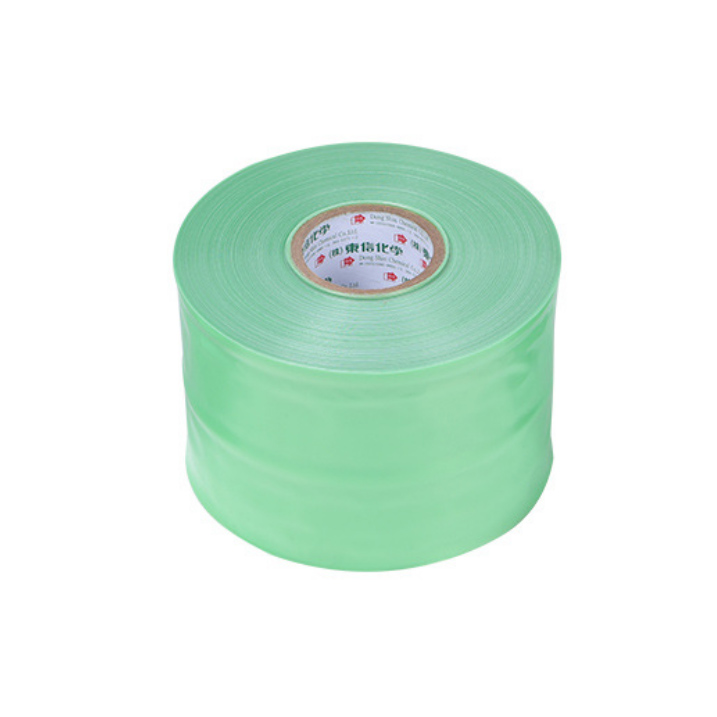
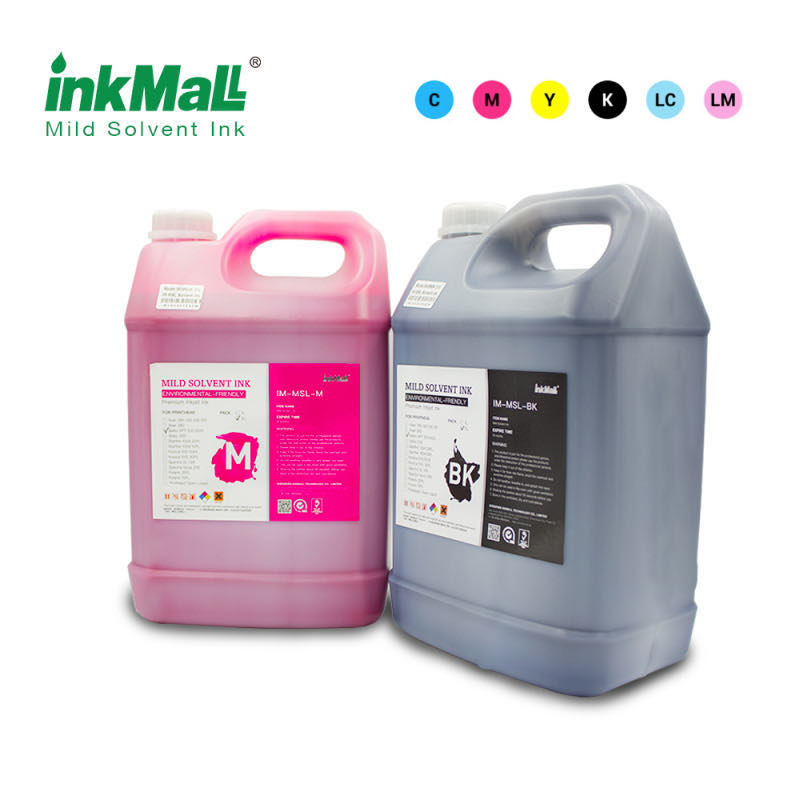
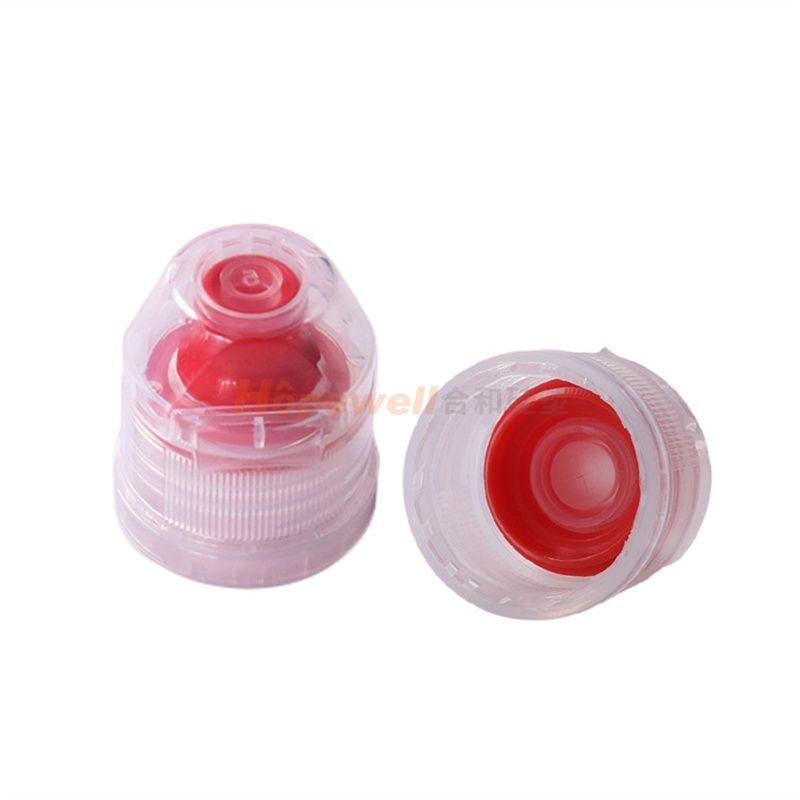
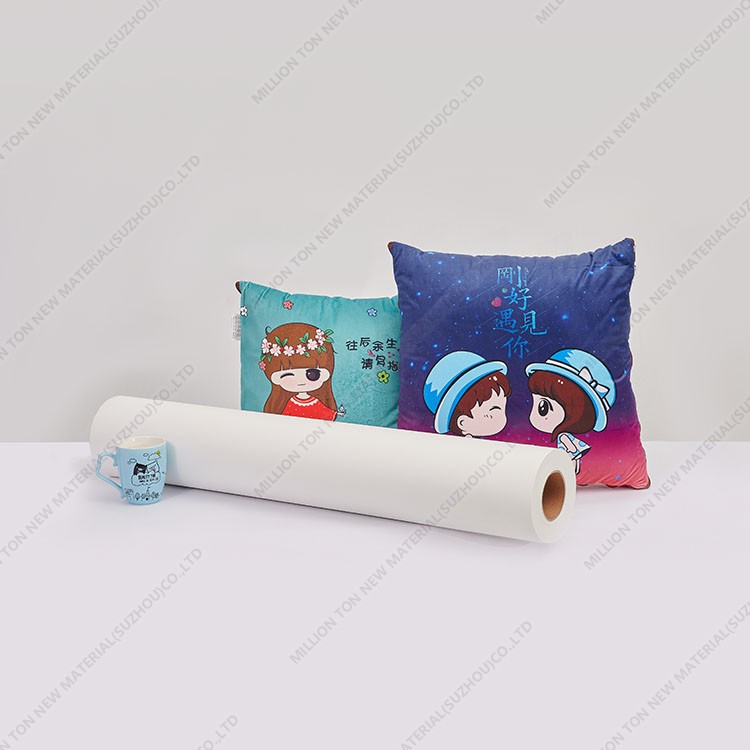
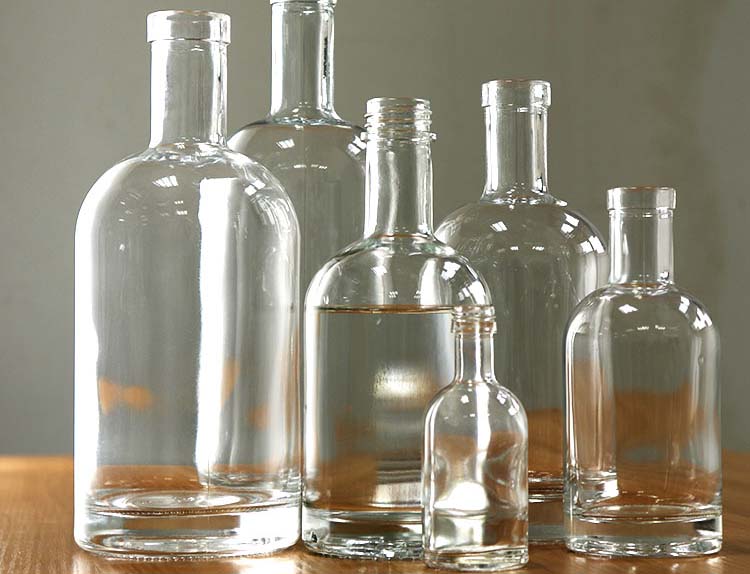
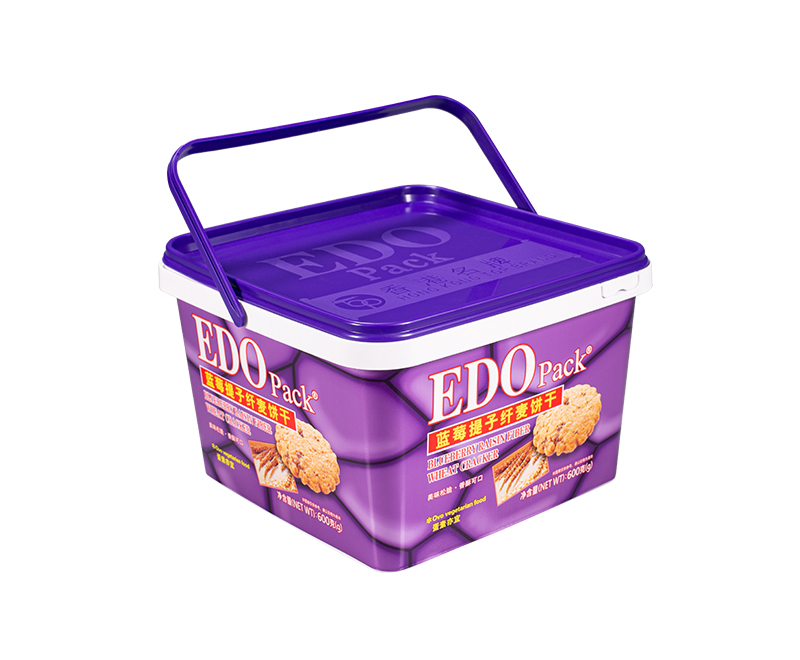
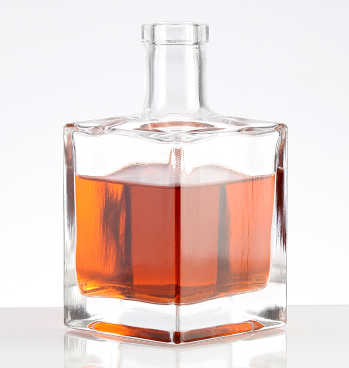
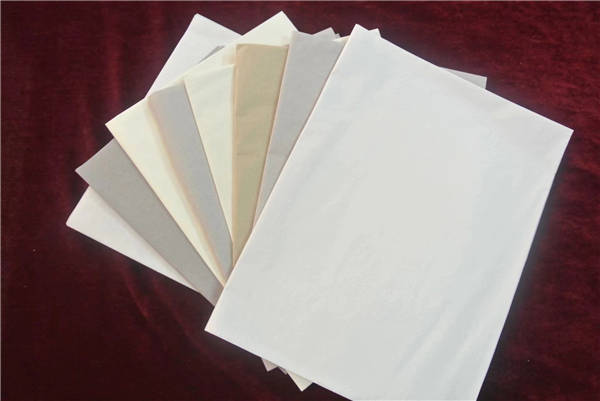
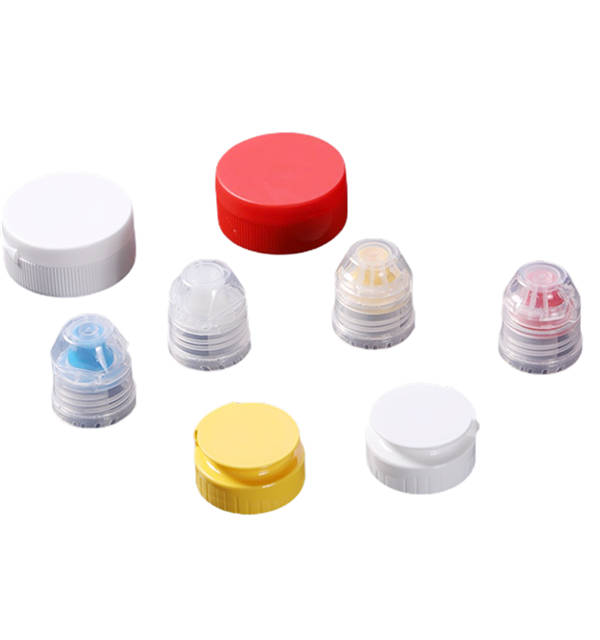
Comments